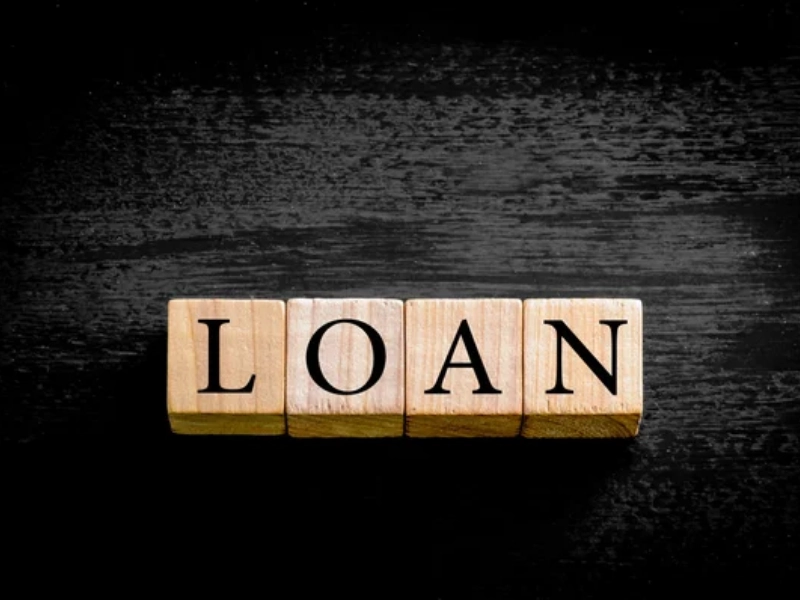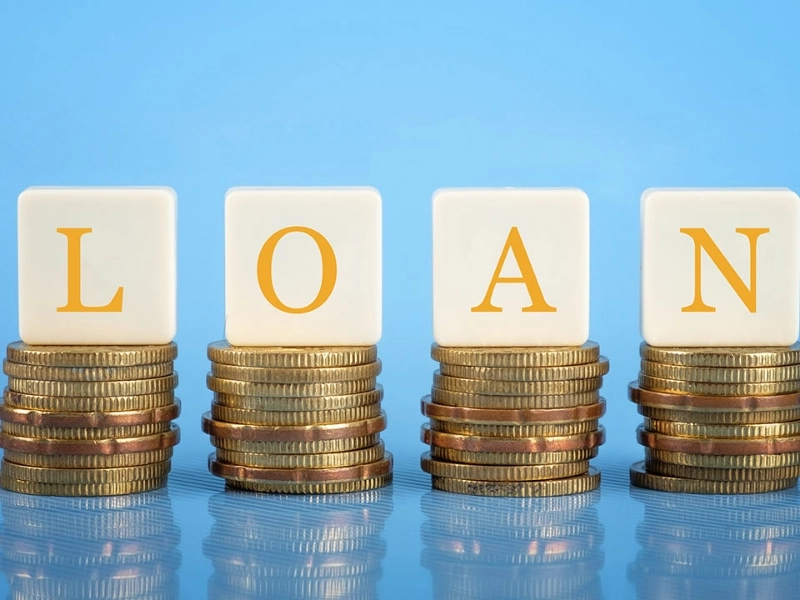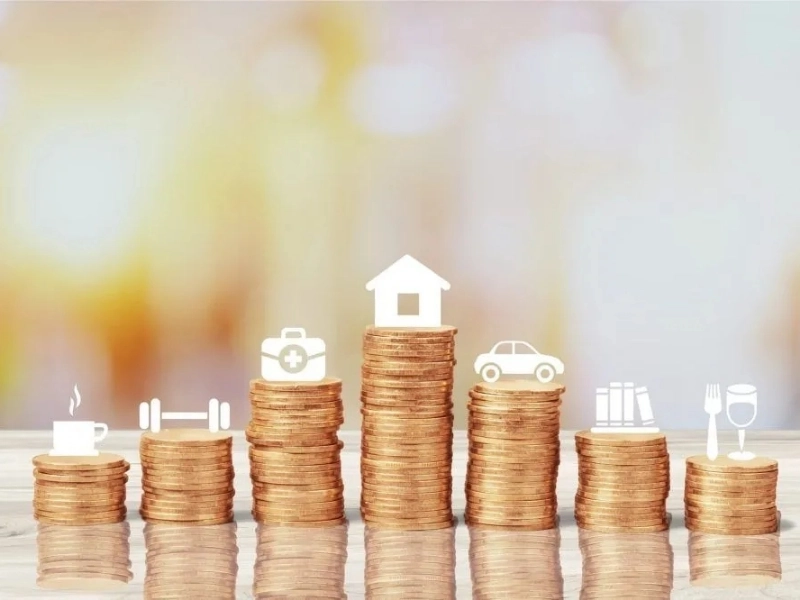You should consider consolidating your debt if you are in a financially sound enough situation. However, exercise caution. With a fixed interest rate, a direct consolidation loan can result in lower monthly payments for you. Look around for the best rates and, if you can, get prequalified to find out which loans you might be able to get without lowering your credit score.

 By extending the loan term or lowering your interest rate, debt consolidation reduces your monthly payment. However, it doesn't always help you pay off your debt more quickly or lower your total amount of debt.
It's critical to realize that if you default on a debt consolidation loan, there could be penalties and your credit could suffer. Additionally, you might have to pay high upfront and ongoing fees if you consolidate debt with a private lender.
Debt consolidation should only be considered if your monthly expenses are easily met by your income. If not, you would be better off attempting a do-it-yourself strategy such as the debt avalanche or snowball. It's crucial to assess the reasons behind your initial high debt levels and determine whether you need to modify any spending patterns. In this manner, you can ascertain which debt relief strategies will result in debt elimination.
By extending the loan term or lowering your interest rate, debt consolidation reduces your monthly payment. However, it doesn't always help you pay off your debt more quickly or lower your total amount of debt.
It's critical to realize that if you default on a debt consolidation loan, there could be penalties and your credit could suffer. Additionally, you might have to pay high upfront and ongoing fees if you consolidate debt with a private lender.
Debt consolidation should only be considered if your monthly expenses are easily met by your income. If not, you would be better off attempting a do-it-yourself strategy such as the debt avalanche or snowball. It's crucial to assess the reasons behind your initial high debt levels and determine whether you need to modify any spending patterns. In this manner, you can ascertain which debt relief strategies will result in debt elimination.
 Following your graduation from college, you undoubtedly had high hopes for your financial future. However, you might need to reevaluate your options if making your student loan payments is making it difficult for you to achieve that goal.
Consolidating all of your debt into a single federal direct consolidation loan is one way to make repayment easier. In this manner, you'll only need to handle one servicer and one payment.
The drawback is that a consolidation won't always result in a new interest rate that is less than your existing one. The rates on your previous loans will be weighted and averaged to determine the new rate.
Refinancing your debts with a private lender is an additional choice that may provide cheaper interest rates than those offered by the Department of Education. You will forfeit some income-driven repayment plans and public service loan forgiveness advantages if you refinance your federal loans, though. Thus, before acting, make sure to consider these advantages and disadvantages.
Following your graduation from college, you undoubtedly had high hopes for your financial future. However, you might need to reevaluate your options if making your student loan payments is making it difficult for you to achieve that goal.
Consolidating all of your debt into a single federal direct consolidation loan is one way to make repayment easier. In this manner, you'll only need to handle one servicer and one payment.
The drawback is that a consolidation won't always result in a new interest rate that is less than your existing one. The rates on your previous loans will be weighted and averaged to determine the new rate.
Refinancing your debts with a private lender is an additional choice that may provide cheaper interest rates than those offered by the Department of Education. You will forfeit some income-driven repayment plans and public service loan forgiveness advantages if you refinance your federal loans, though. Thus, before acting, make sure to consider these advantages and disadvantages.